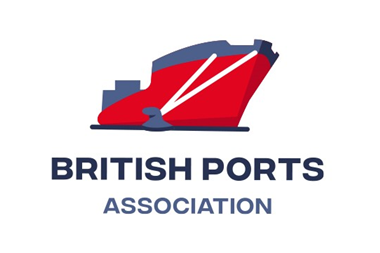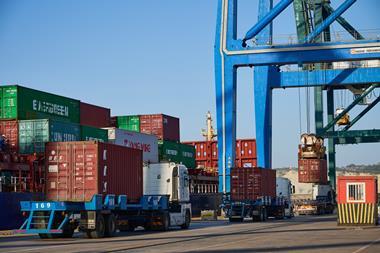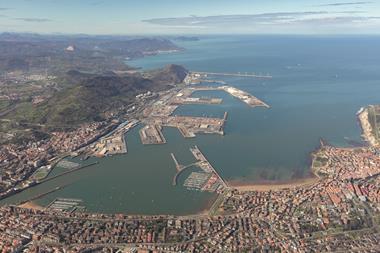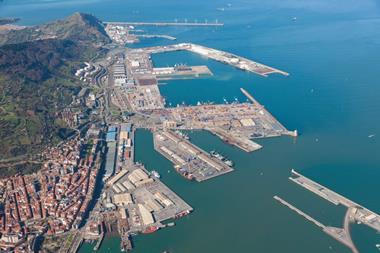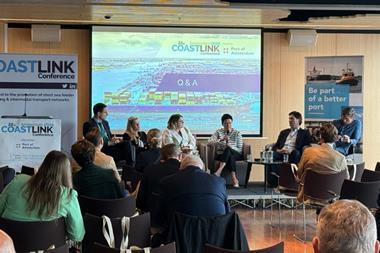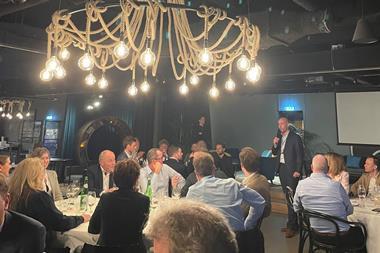The development of Freeports is a genuine Brexit benefit and a real opportunity to be grasped, Customs expert Arne Mielken, managing director of Customs Manager Ltd, told the Coastlink audience.
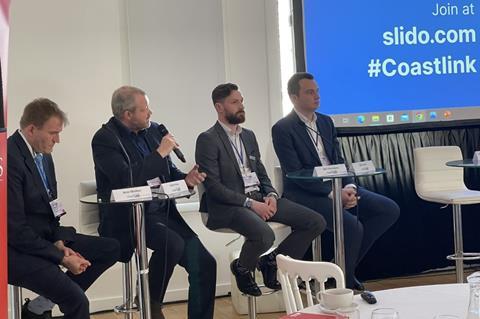
Speaking during the panel discussion about “Freeports: Driving change for coastal shipping and the supply chain?”, he said: “I work with people from the Middle East and they ask – ‘have you ever been to Jebel Ali Freezone?’ and they boast about the amazing things they can do there. And now we can too.
“I believe this is a real opportunity. When I say this is a genuine Brexit benefit, it is difficult for me to say. It is the only one I could see. But it is an opportunity we need to grasp.”
He advocated that Freeports adopt a foreign customer-centric approach for rapid growth, pointing out that the benefits and savings once a company is set up in a Freeport can rack up to be very significant. “Cutting duty, optimising processes, cutting paperwork, all adds up to money in your pockets,” he said.
However, despite having a Freeport, the Customs border “is not going to go fully away” and the expertise of people who understand Customs will still be needed, he warned. “If we are serious about attracting business into our Freeports, the best things we can do is level up with competent Customs managers, because we all need them now.”
Discussing the geographical spread of the eight confirmed English Freeports, Nolan Gray, Teesside Freeport director said: “When you look at map, there is a Freeport in each region of the UK. Each region can benefit from the Freeport.”
Although there are boundaries and specified distances from named Customs areas and sites, Freeports are about bringing benefits to an entire region and not about exclusive benefits for the actual area covered, said Gray. “So any port can interact with the Freeport. We don’t want to see displacement. We want to see supply chains grow but that doesn’t mean they have to move into the Freeport.”
UK Freeports policy is about “offering a scale where we can compete on an international scale with Freeports around the world”, he added.
Giles Jones, project manager of Liverpool City Region Freeport, said Freeports were designed to “intensify the economic impact of ports in the regions”, and create national hubs for global trade and investment across the UK. The policy would also create “hotbeds of innovation”, around digitalisation of trade, decarbonisation of freight movements and skills.
Freeports require significant work to set up, said Arne Mielken, who noted what had already been achieved. “We like to bash the government but look at what you have achieved. Billions of pounds of investment – you should be proud of this and as a European here, I would say this: other ports are looking at this with jealousy.”


